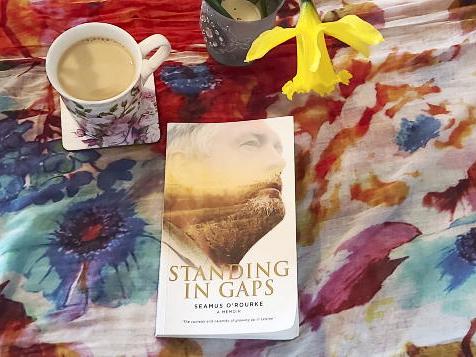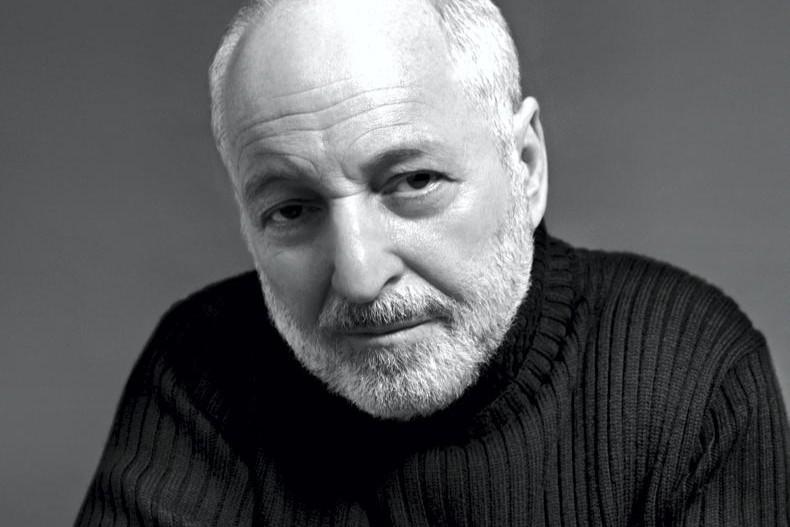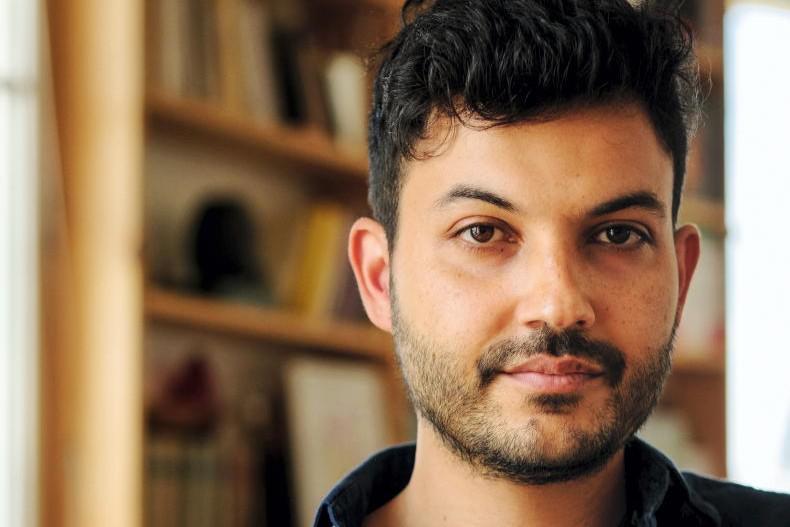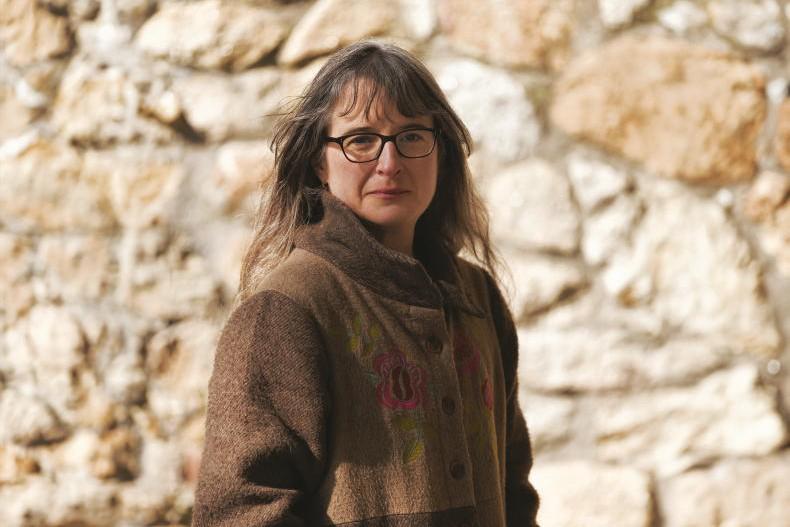Who am I to be writing a book review?
That’s my general thought process sitting down to write this.
But perhaps, it isn’t a bad attitude to have in reviewing or indeed reading this particular book – Seamus O’Rourke’s memoir, Standing in Gaps.
In essence, making everyday life on a farm in rural Leitrim in the 60s, 70s and 80s, truly transfixing
Self-deprecation is a trademark of O’Rourke’s storytelling here, which enables him to give his seemingly ordinary upbringing comedy and calamity (his words not mine).
In essence, making everyday life on a farm in rural Leitrim in the 60s, 70s and 80s, truly transfixing.
O’Rourke is a writer, director and actor from Co Leitrim. He came to his love of the stage and writing in his 20s, and so, knowing what he went onto do, makes this memoir of his first 18 years quite striking. His life is filled with farming (reluctantly, at times) and football (not so reluctantly, ever). Later, school and carpentry. But there’s little sign of an interest in the arts.
At this juncture it might be time to include a disclaimer: I’ve interviewed O’Rourke before and I really like his work
O’Rourke gives much detail from his early years and even before – the story starts with his conception – he openly admits that he “had to put a bit of skin on it, to make it sit up on the page”.
At this juncture it might be time to include a disclaimer: I’ve interviewed O’Rourke before and I really like his work. I think he’s extremely humble, but very talented behind it all.
With that out of the way, I can now say this book is right up my street. Firstly, I’ve always been more fascinated by ordinary people’s lives than that of those who are conventionally thought to be famous. The extraordinary is in the ordinary.
Also, reading texts in Hiberno-English with plenty colloquialisms is something I’m drawn to. It’s representative of the world in which I grew up.
Standing in Gaps really doesn’t have any major plot twists or cliff-hangers, so if it’s drama you’re looking for, this mightn’t be the book for you. Although, perhaps a baby in a pram, tied onto a Ferguson 20 being towed down a road, constitutes drama, but that’s the end of my spoilers.
“And what’s the big deal with standing in gaps? Well, every field has a gap to the road or the lane or into the next field. When you move the cattle or cows from one part of the farm to another – someone needs to stand in the gaps. It’s one of the main reasons you have children in the first place.”
Farming is very much front and centre in this memoir, especially the childhood years. “Doing the things” is what everyday life revolves around. It’s certainly not romanticised in any way. Work was hard, and at times, you did what you could to get out of it. Rural life isn’t dressed up either, but rather the frankness with which O’Rourke writes about it, makes it quite fascinating.
You may be wondering, where does the comedy element come from then? Well, alongside O’Rourke’s self-deprecation and poking fun at himself outlook, the comedy comes from the various characters that punctuate his young life.
The honesty with which they’re portrayed is a highlight. Especially seeing as the vast majority are his family members and the rest neighbours. The people of his locality are held up and viewed with all their glorious idiosyncrasies and eccentricities.
Family members aren’t fluffed either. We see sibling rivalry and jealously. A hardworking and strongminded mother. As well as a young O’Rourke, who feels like he never meets his father’s expectations.
“My father was disappointed in me for not doing my Leaving Cert. He never said it outright, but I knew he was. Maybe he wasn’t – I never knew exactly what he was disappointed about, but he always was and I held it against him.
“Sometime in my early teens – I decided that my father was disappointed with me for everything. I could do no right. I wasn’t able to do a Brian Brady on the football team – I didn’t show the same zest for hardship as my brother or either of my sisters or my mother. I wasn’t into books and would never walk on the moon.
“I had made a very good teapot stand in woodwork class, but that was it. An empty vessel on a really well-made shelf.”
In some memoirs, the people that populate the writer’s world can be almost canonised. But not here. We see these people warts and all. This approach arguably makes them more likeable, as they are real and relatable. There’s great atmosphere created through the characters and the Leitrim countryside of the book comes alive with them.
Alongside humour, however, there’s a veiled undercurrent of struggle. O’Rourke describes his tendency to “piddle” his pants in his younger years and his distaste towards formal education, primary school in particular.
“We were told to ask when we wanted to go to the toilet. That was a problem for me, because sometimes I didn’t know when I wanted to go, until I had already gone. The mistress wanted us to put up our hand and go through some formal ritual before being excused.
“I piddled on myself, twice in the first half hour. She was strangely amused, as were the class, when she announced – sniggering – that I had had a little accident. I was fuming!
“I decided they could stick their school – that’s how thick I was. There was no need for making a laugh of childer like that.”
Although the effects of these events on the author long-term are never really stated, in a way it makes them sadder. It’s up to the reader to interpret how they impacted on him. Amid all the humorous encounters, you can’t help but empathise with the young protagonist.
Overall, Standing in Gaps was a thoroughly enjoyable read. It’s both realistic and relatable for rural readers. The language is exquisite and roots the story in the Leitrim countryside form which the author hails.
The use of an Irish rural vernacular is certainly not a new concept in literature, authors such as the late John B Keane and John McGahern explored rural language. Donal Ryan and Kevin Barry continue the tradition today.
In telling his own story, O’Rourke has joined in this literary tradition of rural realism.
O’Rourke is unapologetically rural and unapologetically real. It’s a read that makes Leitrim’s countryside jump off the page.









SHARING OPTIONS